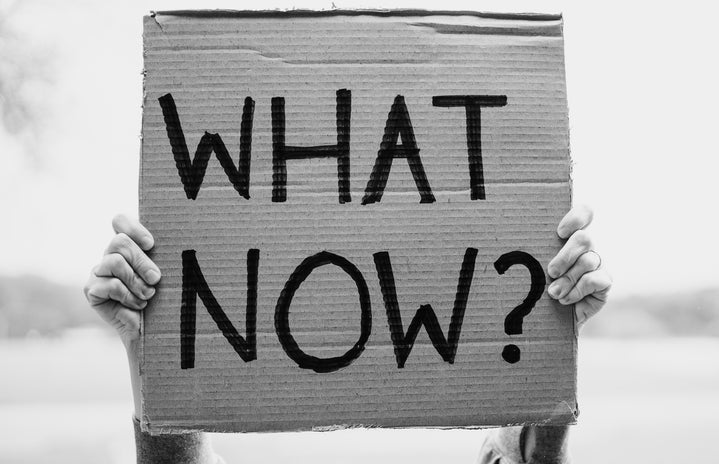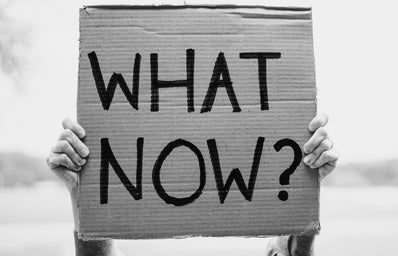It has been exactly 61 years since the Sharpeville massacre, one of the most pivotal moments in the struggle for freedom, equality, and better life quality for all South Africans. Annually on the 21st of March, South Africa celebrates Human Rights Day, but every year the spirit of celebration seems to decrease.
-
What exactly is Human Rights Day?
-
Human Rights Day is historically linked with the 21st of March 1960 and the events of Sharpeville. On that day, black civilians gathered in protest of the Pass laws of apartheid at the police station, with the aim of getting arrested, for not carrying a pass, and filling up the prison cells to their capacity. The Pass laws sought to monitor the movement of black people. The march was peaceful, but unfortunately met with brutality from the police. According to a 2013 documentary from CBS News, the police fired more than 1300 bullets, within 2 minutes, killing 69 people, and injuring 180. Since then, the Constitution of South Africa has been drafted and passed, and enshrined within it, is the Bill of Rights, a charter that addresses and protects the rights of all South Africans. Our constitution is regarded as one of the most progressive and transformative constitutions in the world due to affirming democratic values of human dignity, equality, and freedom.
- Its Significance?
-
The day has been dedicated to commemorating the sacrifices of the struggles that led to democracy and celebrating the rights of all citizens. Nonetheless, I believe it should be about more than just that. It should also be a time to reflect on the progress since then, and finding ways to do better at ensuring that all rights are indeed promoted and respected.
- Why the spirit of celebration is on the decrease
-
On Sunday the 21st of March 2021, none of my other WhatsApp contacts (except for one) including my vocal and political contacts, posted about Human Rights Day. Towards the afternoon, a few hours after my post, I got worried that I perhaps had the dates wrong, so I headed to Google to verify. I had not got the dates wrong, but the fact that people were not talking about it said a lot. It didn’t trend on Twitter either, and some of the few posts I saw on Twitter were about how little has changed over time.
My deliberation is, besides those who aren’t familiar with the day, that when people think of Human Rights Day, they think about the sacrifices and the struggle, and along their reflection, reality kicks in. The struggle for education and the likes of Collins Khoza and Mthokozisi Ntumba, who have lost their lives at the hands of the police, the same people who are meant to serve and protect citizens, come to mind. They think of the Marikana massacre of August 2012, which saw 34 miners killed by the Police; and they think of the 2015 Life Esidimeni tragedy, which saw 143 people at psychiatric facilities in Gauteng Province die from causes including starvation and neglect. The reality overclouds the spirit of celebration because things should be better than they are now, but they are not. The South African institutions of government need to do better, especially the police, whose actions have our parents and grandparents reliving moments from the apartheid era, and their children and grandchildren re-enacting them.
- How can we better celebrate Human Rights Day?
-
We are past the point of celebrating and want change more than anything. However, according to a Sowetan article published in 2018, many South Africans don’t know their constitutional rights, but have a broad understanding of human rights in general. We should dedicate the day to educating people of their constitutional rights, especially in rural areas where education is somewhat of a privilege. Local radio stations could run segments where they educate their listeners of their rights.
Beyond educating people of their rights, we should work on respecting and promoting those rights, especially from the part of higher authorities. We should all be familiarised with Chapter 9 institutions, which are a platform for accountability and provision of constitutional democracy. They are institutions we can turn to when our rights have been violated
One day in the year will not bring the change that we all need and want. It will take time before change occurs and things get better, but our rights definitely matter, and humanity must always push to protect them.


